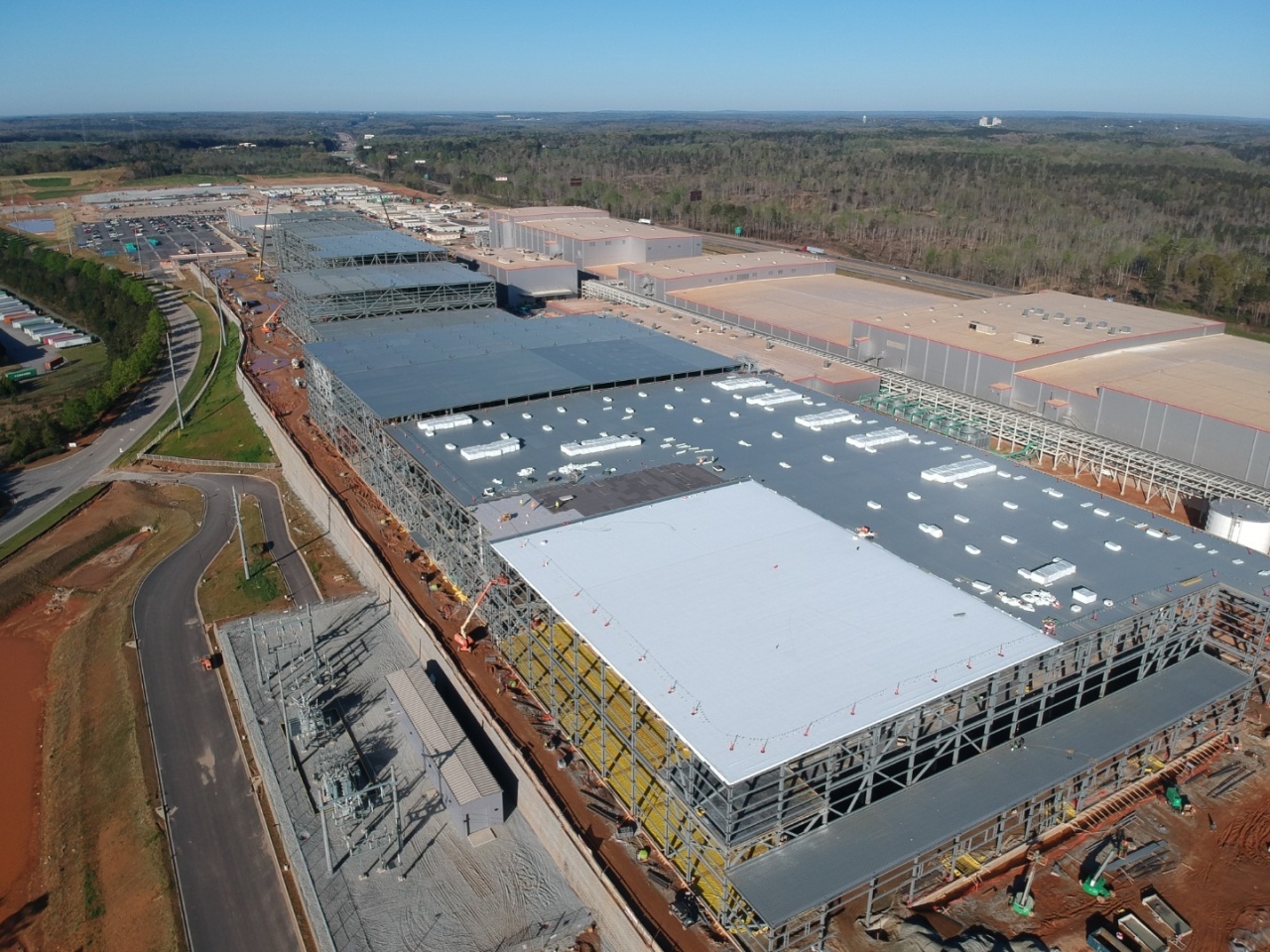As the battery electric vehicle market remains strong, South Korea’s battery makers are aggressively adding momentum to their global investments and are seeking production capacities in the US and EU markets, data showed Wednesday.
According to energy market researcher SNE Research, global demand for battery electric vehicles is expected to reach 51.8 million by 2030, up 17 times from the end of 2020.
The corresponding demand for batteries will likely expand some 23 times during the same period, from 139 gigawatts to 3,254 gigawatts.
To meet the soaring demand, major battery makers are working closely with carmakers, while also expanding investment to advance their manufacturing capacities.
For LG Energy Solution, the priority is to secure new overseas production bases, especially in the United States, where the company hopes to create synergy with the Joe Biden administration and its Green New Deal agenda.
The company is hoping to complete its Ohio plant by next year, jointly with the US carmaker GM, and a second plant in Tennessee by 2023. The two projects require a combined budget of 5.4 trillion won ($4.84 billion), of which the LG affiliate will account for around 2 trillion won.
Separately, the company is seeking to invest an additional 5 trillion won by 2025 to build multiple manufacturing plants. The precise locations remain undisclosed.
Its current plants in Poland and China are currently undergoing expansion for 6.7 trillion won and 2.3 trillion won, respectively.
In partnership with the country’s largest automaker, Hyundai Motor, the company is also said to be in talks to jointly inject a combined 1.3 trillion won into the construction of a 10-gigawatt battery plant in Indonesia.
The LG battery maker’s battery production capacity as of the end of last year came to 120 gigawatts, which is expected to rise as high as 260 gigawatts by 2023 -- the equivalent of producing 3.7 million advanced all-electric cars.
As for Samsung SDI, the battery unit of Korea’s top conglomerate, Samsung Group, has invested 15 percent to 25 percent of its annual revenue in battery manufacturing facilities over the past three years, SNE Research data showed.
This year, the company approved the additional injection of 940 billion won into an expansion of its manufacturing facilities in Hungary, adding to a 560 billion won investment in 2019.
The Samsung affiliate, which does not have its own battery cell plant in the US, has so far chosen to enhance its conventional facilities in Eastern Europe.
But in the wake of a deal to supply cylindrical battery cells to up-and-coming US electric vehicle startup Rivian, speculation has escalated lately that the company may join its major rivals in announcing landmark investment plans in the US.
The most active player is SK Innovation, which is currently in the process of building two battery plants in Georgia with a total budget of around 3 trillion won. The construction site for these Georgia plants is where President Moon Jae-in visited on the sidelines of his recent summit visit.
The company has also unveiled a plan to build another plant, together with US carmaker Ford, hoping to boost its total production capacity to 190 gigawatts or more.
The SK affiliate’s plan is to increase its production capacity to 125 gigawatts or more by 2025.
“As Korean and Chinese companies increasingly take the initiative in the global battery market, conventional Japanese champions such as Panasonic are expected to see their market share dwindle in the upcoming years,” SNE Research said.
“Korean battery makers are noted for their advanced technology but should also overcome incumbent challenges such as the high import dependency for material supply.”
By Bae Hyun-jung (
tellme@heraldcorp.com)







![[Weekender] Korea's traditional sauce culture gains global recognition](http://res.heraldm.com/phpwas/restmb_idxmake.php?idx=644&simg=/content/image/2024/11/21/20241121050153_0.jpg)
